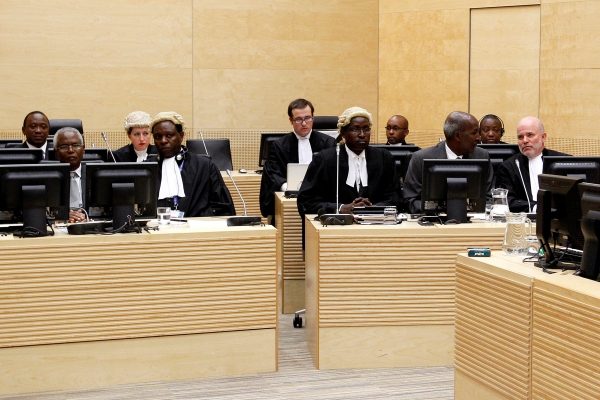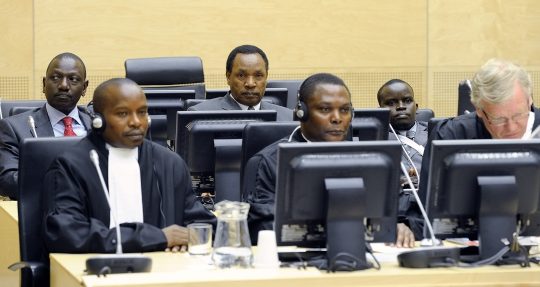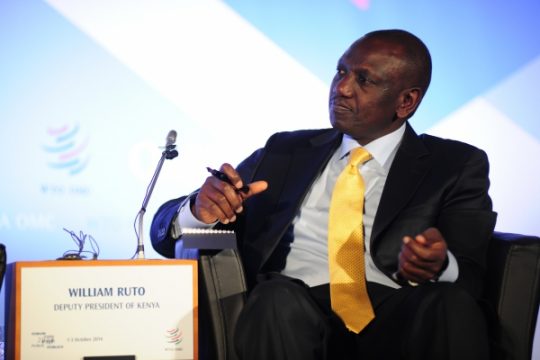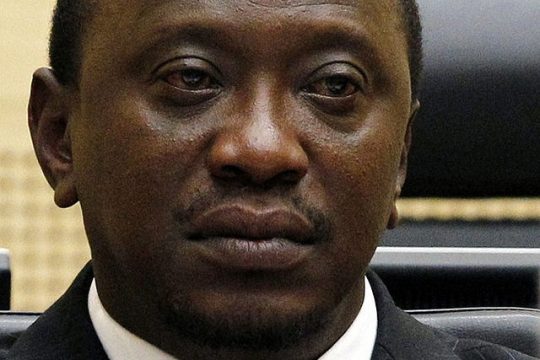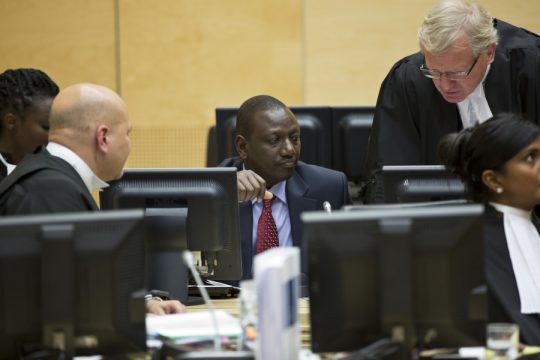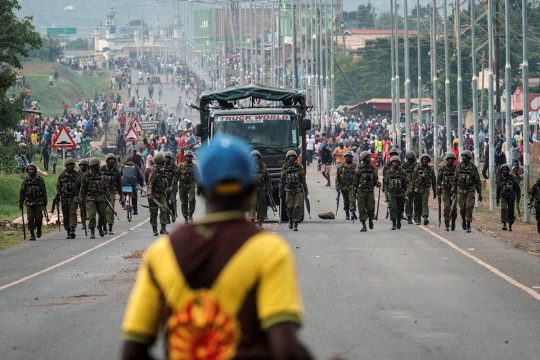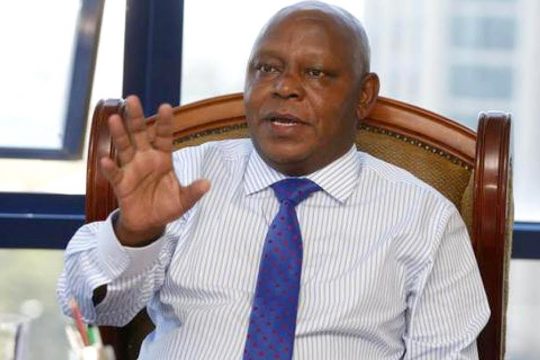Unlike many of his peers, the young president of Kenya did not start as a rebel fighter. But when it comes to waging war on the International Criminal Court (ICC), Uhuru Kenyatta has been skilful at mobilizing support, even outside his country. Indeed, his guerrilla war against the ICC seems, to the regret of many Kenyans, to have become the central focus of his foreign policy.
It was expected. At the African Union (AU) summit that ended in Addis Ababa on January 31, Kenyan President Uhuru Kenyatta proposed that the AU prepare a road map for withdrawal from the Statute of Rome, founding text of the ICC. The AU accuses this Court of persecuting African leaders, and some leaders like Robert Mugabe accuse it of racism.
However, even if Kenyatta won applause, joining or leaving the ICC is a matter for individual States, not a whole region or a continent. And even in Kenya, Kenyatta has not managed to win everyone’s support in his two-year battle against the ICC. Whilst recognizing the weaknesses of the ICC and its governing texts, some in Kenya accuse their President of turning an individual cause into a national one, in violation of his campaign promises.
"Kenya's entire foreign policy is now built on fighting the ICC, creating the false narrative that the country is on trial and that national sovereignty is threatened because of criminal trials facing two individuals,” political analyst Macharia Gaitho wrote in leading Kenyan newspaper the Daily Nation. “That is selfish promotion of impunity". Uhuru Kenyatta was elected in the first round of presidential polls in 2013, despite ICC charges against him for crimes against humanity committed in post-election violence in 2007-2008.
In December 2014 the ICC had to drop the case against Kenyatta after Prosecutor Fatou Bensouda withdrew the charges for lack of evidence. Before reaching that decision, Bensouda had several times accused the Kenyan authorities of tampering with witnesses. Several witnesses went back on previous commitments to testify against Kenyatta. Deputy President William Ruto is still on trial before the ICC, along with radio presenter Joshua Sang.
"The President and his deputy were elected on a promise that their 'personal challenges' would not affect their ability to run the country. But once in office they converted personal challenges to the national, and then the continental, agenda," writes former journalist Macharia Gaitho in the Nation.
Veteran opposition leader Raila Odinga, Kenyatta’s main opponent, says Africans need the ICC because they are all too often ruled by criminal dictators. He says African countries should only consider pulling out of the Court after Africa puts in place a judicial mechanism that can guarantee real justice for the victims of these crimes. "For the African Union to leave the ICC before this infrastructure is put up is to expose the population of Africa to marauding tyrants who can now carry out their atrocities in the comfort of the knowledge that they shall never be brought to account for their crimes against humanity," Kenyan media quoted the opposition leader as saying.
Another issue often raised by analysts is whether such an African mechanism would be independent. How independent would an African court funded by African governments be? What jurisdiction would it have, given that sitting African leaders continue to claim immunity, including for international crimes falling under the ICC’s mandate such as genocide, crimes against humanity and war crimes?
Pullout would not affect current cases
In its editorial, Daily Nation reminds people that if Kenya were to pull out of the Rome Statute, that would not invalidate the current cases against Deputy President Ruto and journalist Sang. According to Article 127 of the Rome Statute, “A State Party may, by written notification addressed to the Secretary-General of the United Nations, withdraw from this Statute”, but “the withdrawal shall take effect one year after the date of receipt of the notification, unless the notification specifies a later date”. In addition, withdrawal does not have any retroactive effect, so does not invalidate investigations and cases already under way. An obligation remains for the State in question to continue cooperating with the ICC on ongoing cases.
The ICC, set up on July 1, 2002, under the Treaty of Rome, is the world’s first permanent court with a mandate to try genocide, crimes against humanity and war crimes. But even those who lobbied hardest for the Court admit it is far from perfect. "Does the ICC need to improve and its reach need to expand? Absolutely,” says Human Rights Watch legal adviser Elise Keppler. “Some powerful countries, including the United States, are beyond its authority because they haven't joined the court. And the permanent members of the United Nations Security Council can block investigations of countries that haven't. But the ICC remains the last hope for justice for many when other avenues fail. The ICC can hold even high-level leaders to account when they are implicated in the worst abuses."



